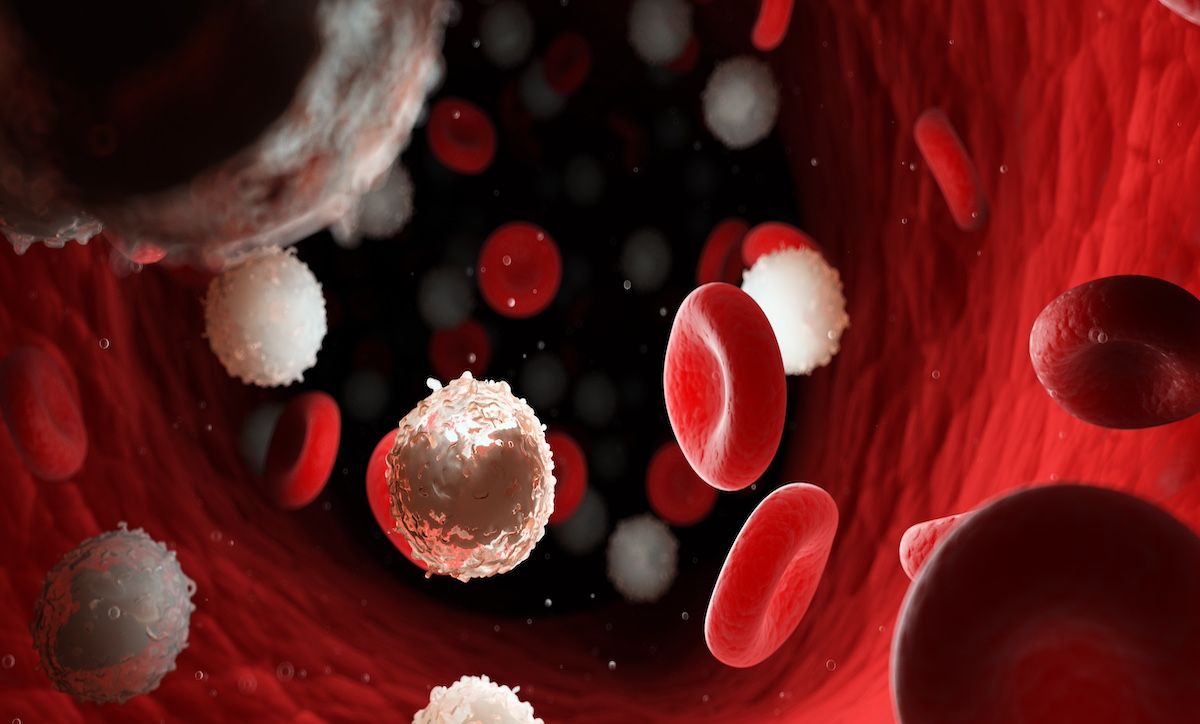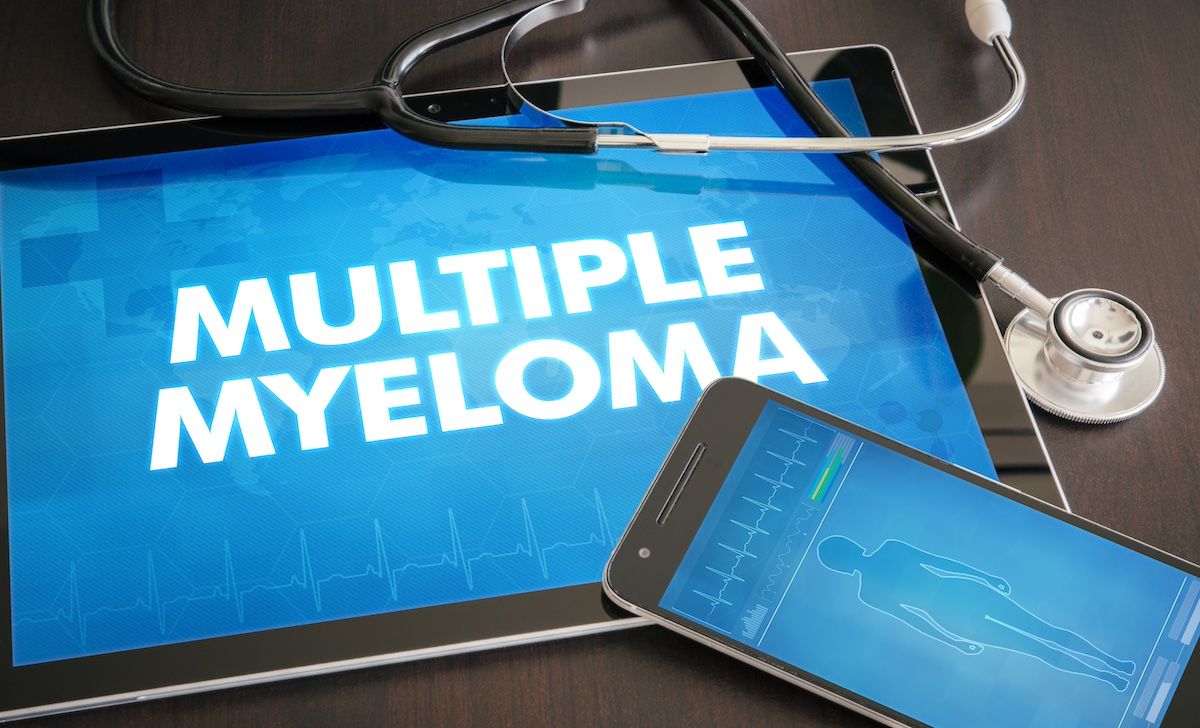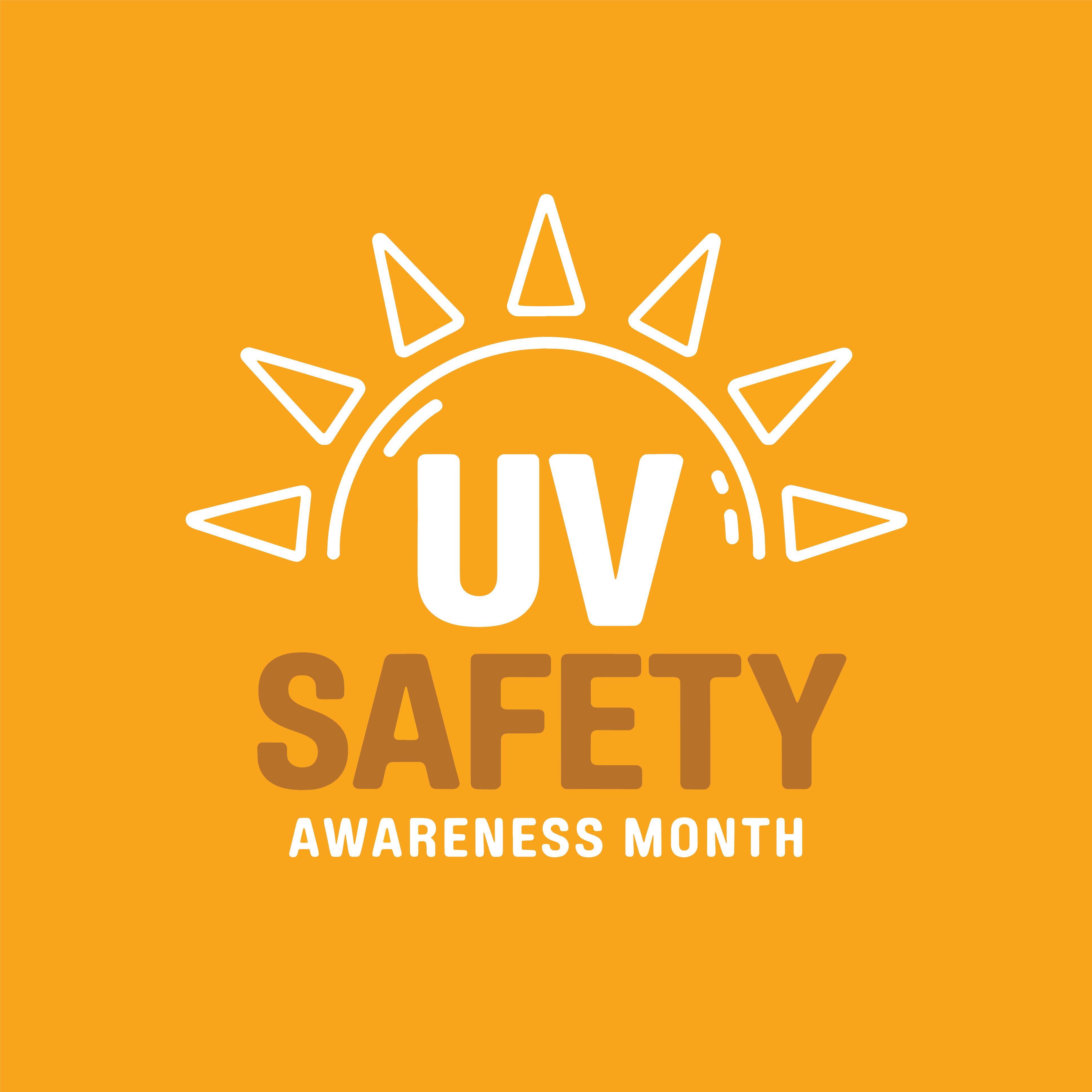News
Article
Study Identifies a Causal Relationship Between Psoriasis and Cutaneous Melanoma
Author(s):
Psoriasis increases the risk of cutaneous melanoma, according to the findings of a new study.
Researchers of a bidirectional study found that genetically predicted psoriasis was a significant risk factor for cutaneous melanoma (CM), suggesting a causal relationship between psoriasis and CM.

“As a variant of the MR [Mendelian randomization] approach, bidirectional MR can be applied to ascertain the causal direction between 2 associated phenotypes,” wrote the researchers of the study. “In this study, we performed a bidirectional two-sample MR analysis using summary statistics of large GWASs [genome-wide association studies] from the FinnGen Consortium to assess the causal association between psoriasis and CM.”
The bidirectional 2-sample MR analysis is published in Frontiers in Immunology.
CM is a type of cancer that starts in the pigment-making cells of the skin. There is controversy that psoriasis treatments, such as systemic therapy, ultraviolet radiation, and tumor necrosis factor (TNF)-α therapy may put patients at greater risk for CM.
Although previous retrospective and observational studies have been unable to identify a causal relationship between psoriasis and CM, the researchers of this study suggest that prospective randomized controlled trials and other research methods are needed to rule out any interfering factors that prevent the ability of establishing a casual relationship.
MR-Egger regression, inverse variance weighing, MR Pleiotropy RESidual SUM and Outlier, weighted mode, and weighted median were used to identify such a relationship between psoriasis and CM.
In the present study, researchers identified summary statistics from GWASs of psoriasis and CM among 373,338 adults from predominantly European ancestry (9267 cases and 364,071 controls), excluding for individuals with other cancers. Additionally, age, sex, top 10 major components, and genotyping batches were corrected during analysis. GWAS summary data of CM included datasets from Europe, Australia, the United Kingdom, Athens, and the United States, including 15,990 melanoma cases and 26,409 controls.
The researchers identified 31 single nucleotide polymorphisms, accounting for 29.22% of the total variation in psoriasis.
Genetically predicted psoriasis was identified as a significant risk factor for CM (odds ratio, [OR], 1.69; 95% CI, 1.15-2.48; P = .025). However, no association was observed between genetically predicted CM and psoriasis.
In addition, the estimate models for weighted mode (OR, 2.42; 95% CI, 1.16-5.06; P = .026), MR-Egger regression (OR, 1.71; 95% CI, 1.06-2.76; P = .038), and weighted median (OR, 1.77; 95% CI, 1.09-2.87; P = .043), further validated the results of the inverse variance weighing estimation.
The researchers acknowledged some limitations to the study, including that most of the data used in the analysis came from individuals with European ancestry, excluding the applicability of these findings to patients of other ethnic groups. Additionally, the study lacked detailed clinical data of patients, limiting the researchers from conducting any subgroup analyses.
Despite these challenges, the researchers believe the study was able to determine the causal relationship between psoriasis and CM, regardless of confounding factors. Furthermore, they believe the study suggests how early screening of CM in patients with psoriasis may include the burden of this disease.
“Our results confirmed genetically predicted psoriasis increases risk of CM,” wrote the researchers. “In addition, although the reverse MR estimation does not support the causal relationship from CM to psoriasis, it cannot be ruled out that CM has an effect on the incidence of psoriasis; further research is needed to confirm this.”
Reference
Zhao N, Guo P, Tang M, Yang F, Zhang T, Mao R. Evidence for a causal relationship between psoriasis and cutaneous melanoma: A bidirectional two-sample Mendelian randomized study. Frontiers in Immunology. 2023;14:1201167. doi:10.3389/fimmu.2023.1201167
Newsletter
Stay ahead of policy, cost, and value—subscribe to AJMC for expert insights at the intersection of clinical care and health economics.





